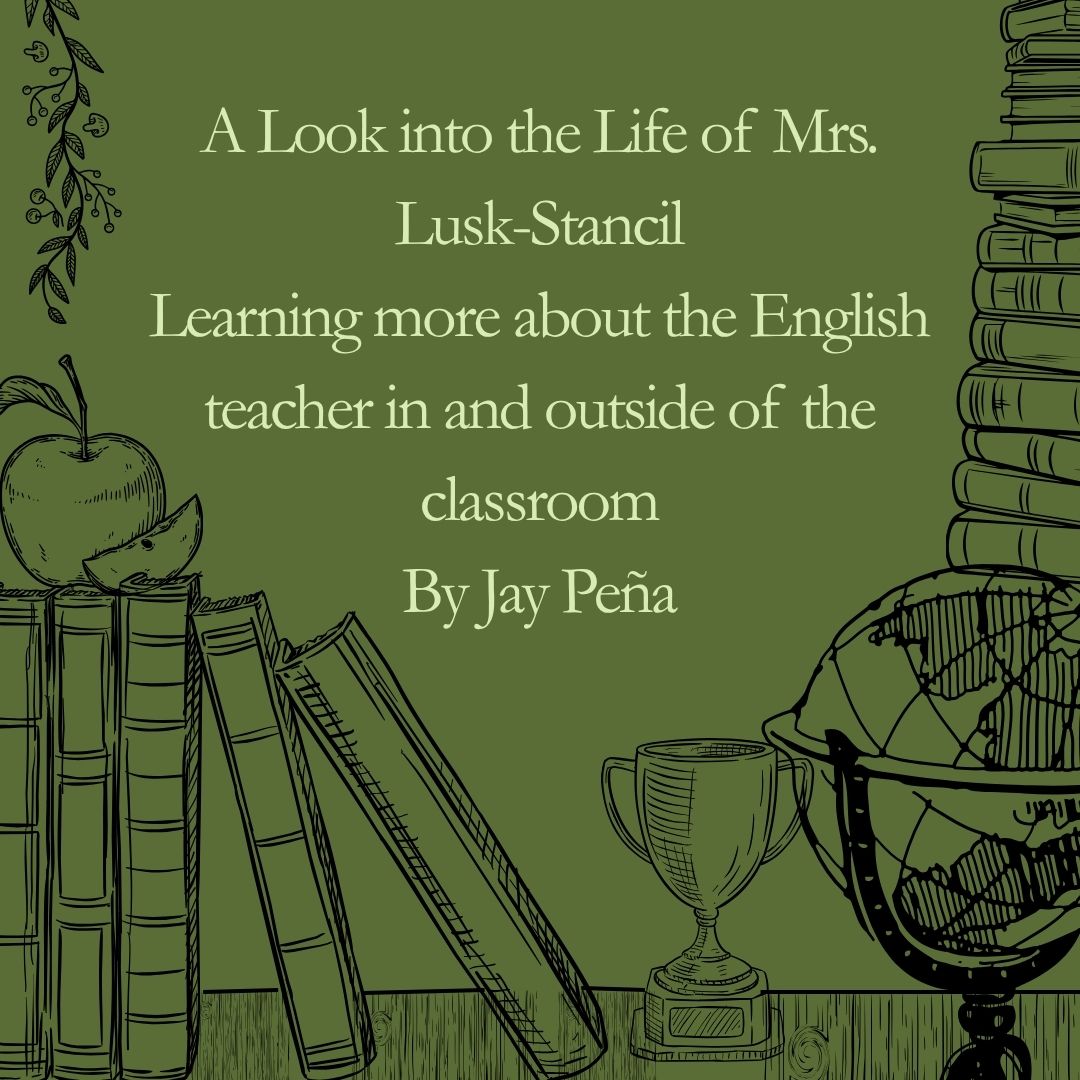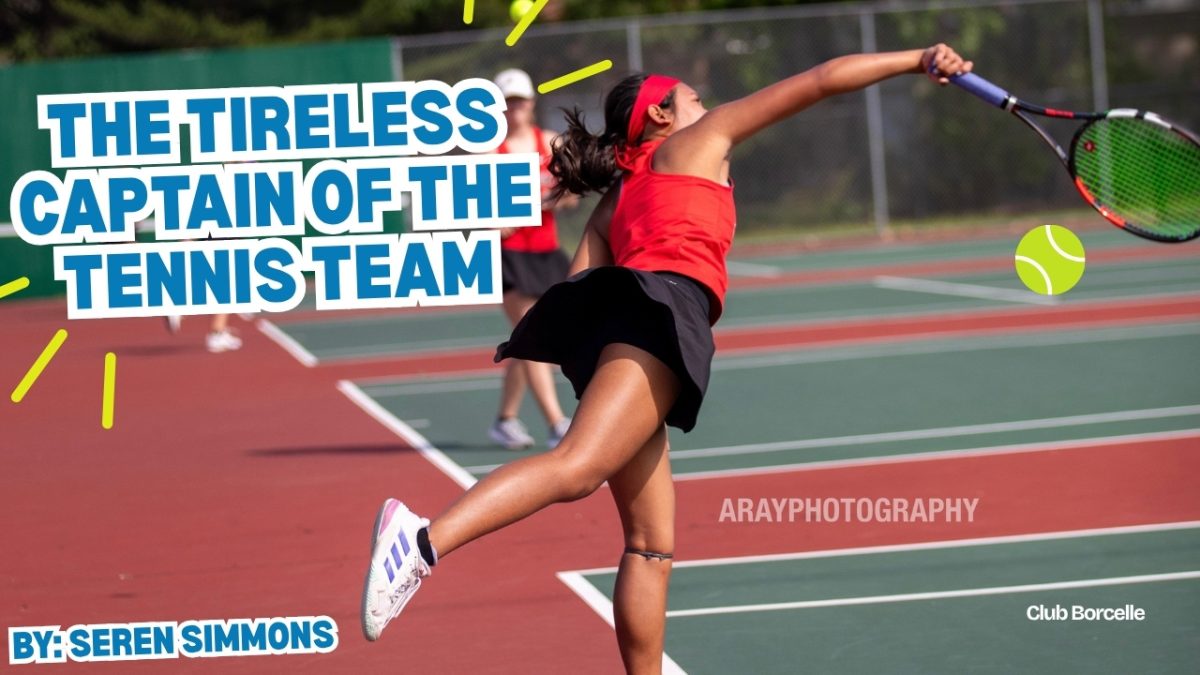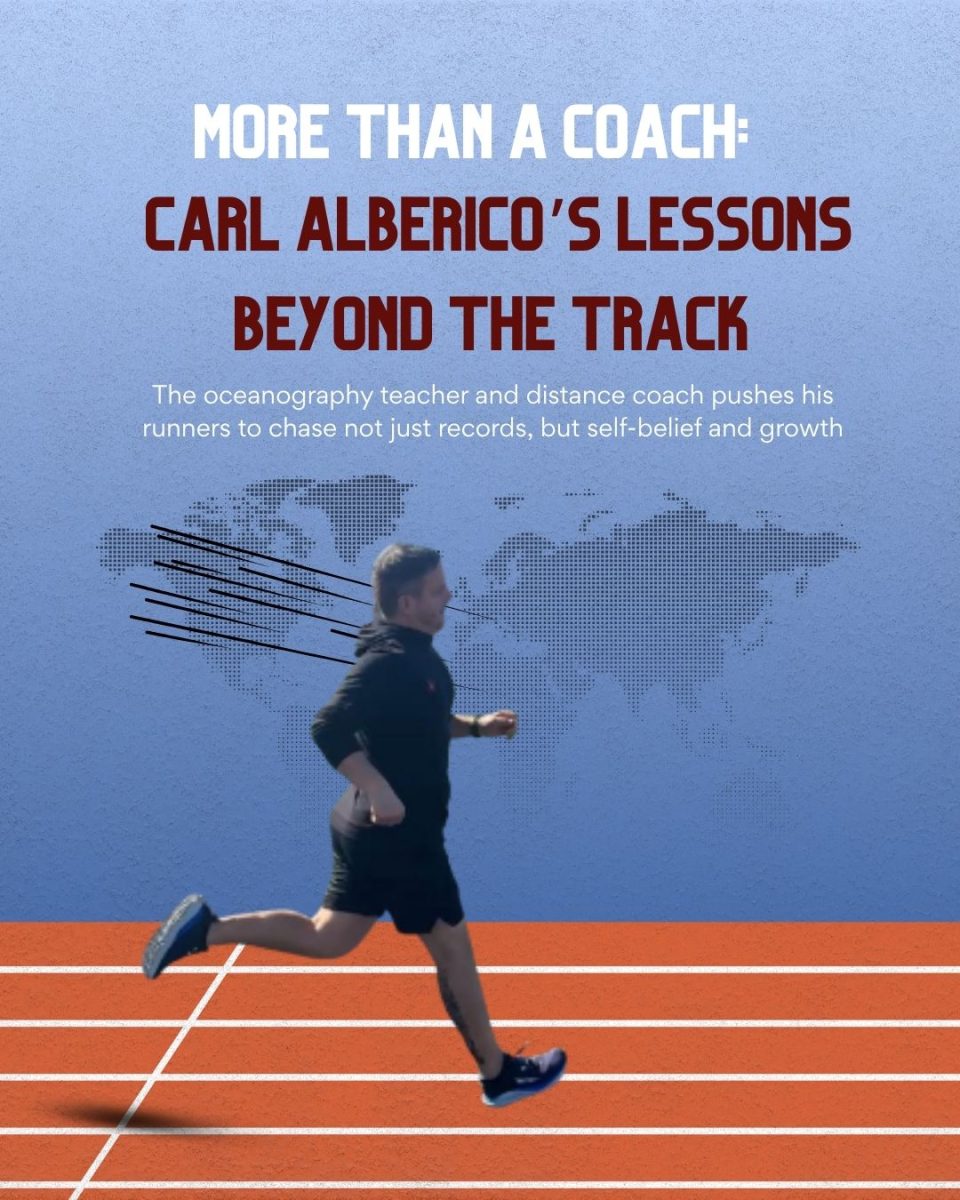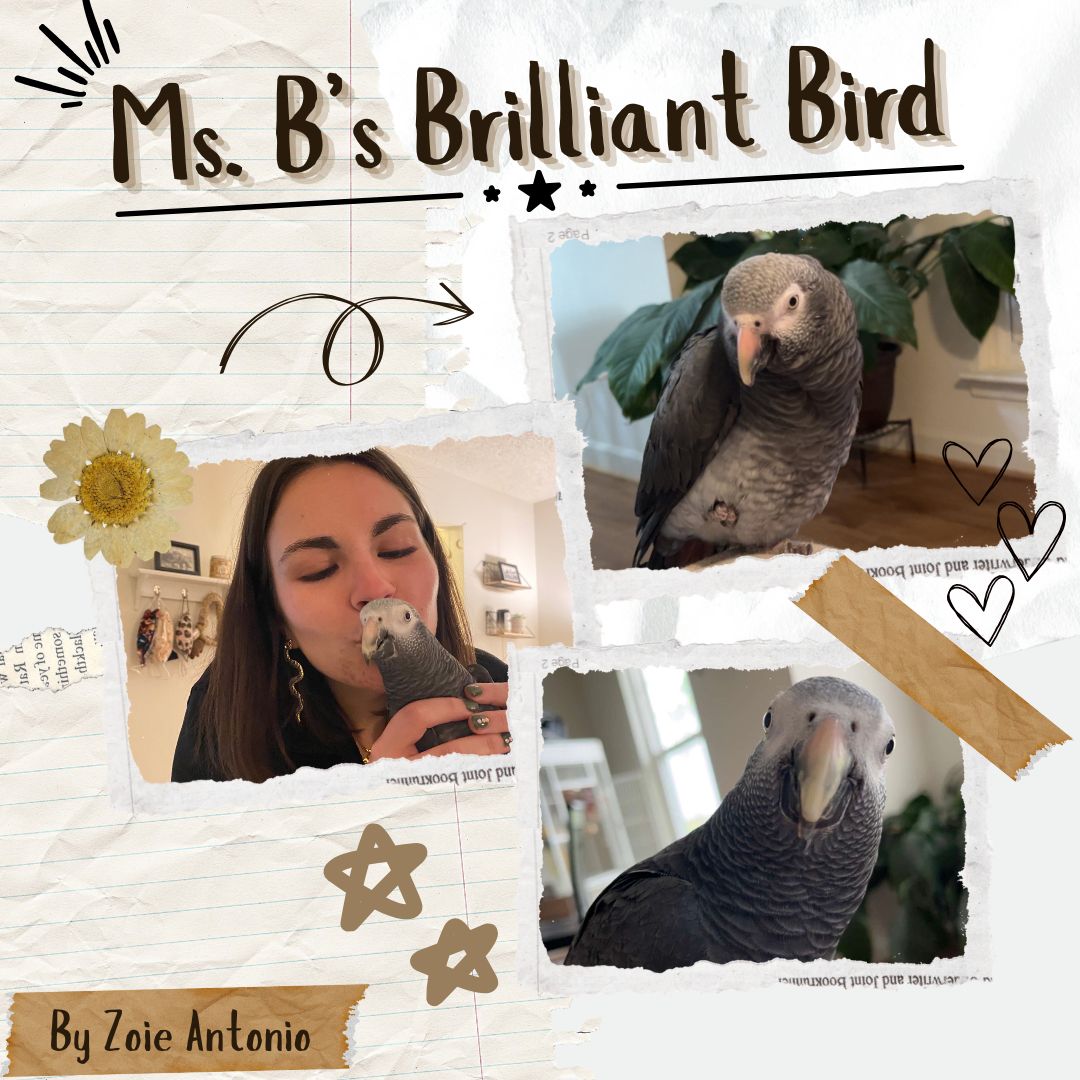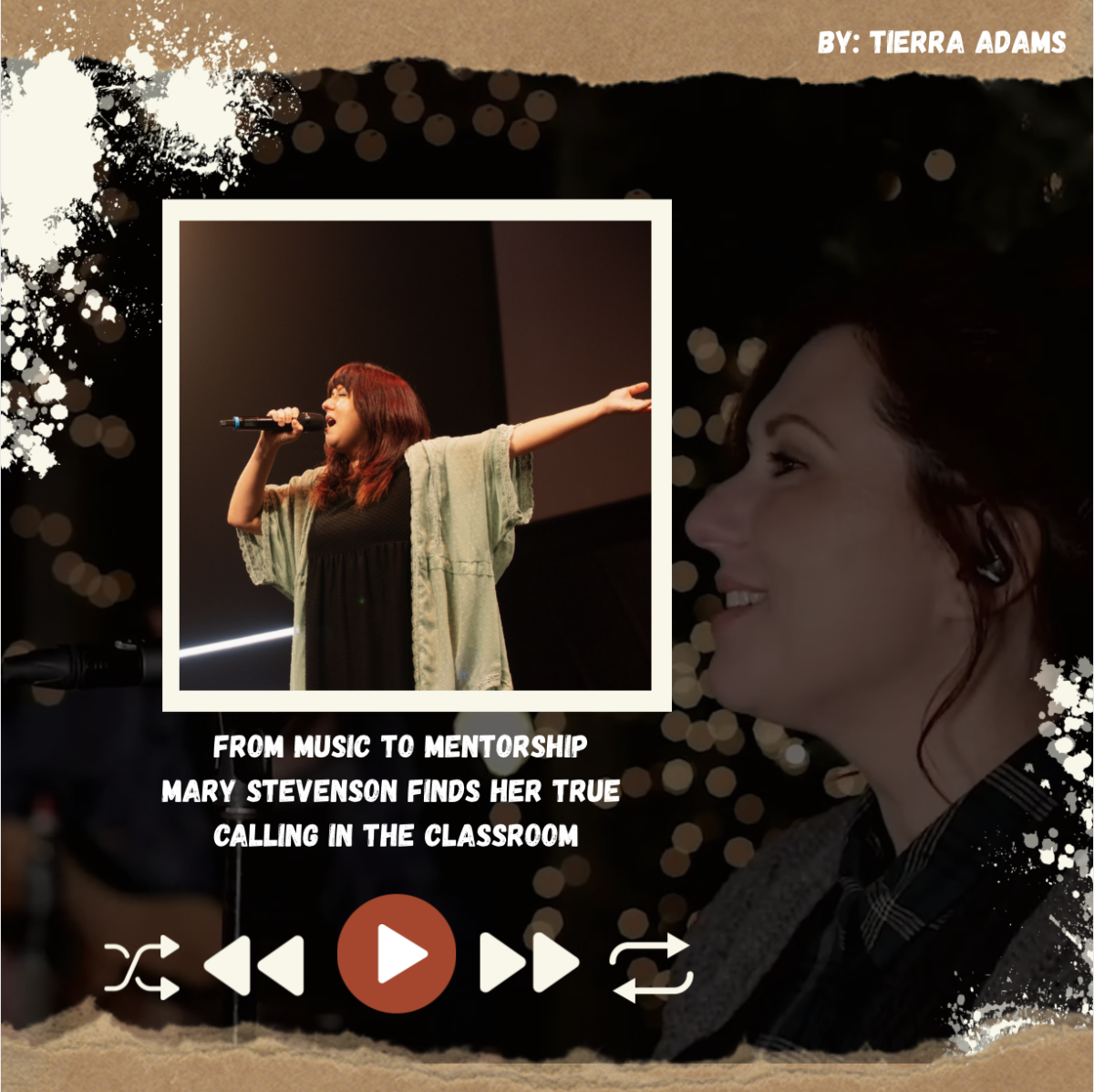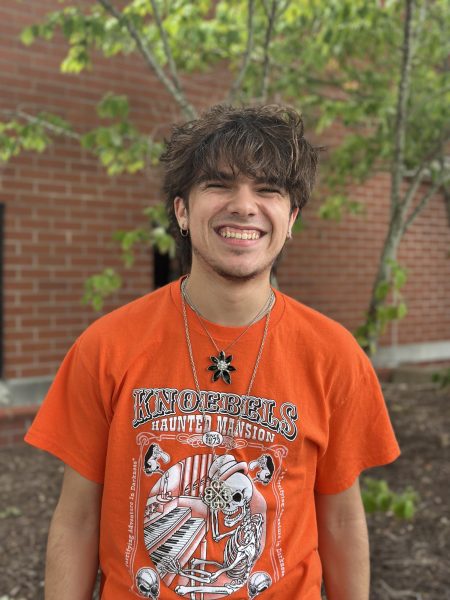Electives are fun ways for students to explore their interests and learn new things. These are just a few electives offered, and questions answered by their respective teachers.
AP Psychology taught by Mrs. Beaurealle Ferguson.
Why do you think that students should take AP Psychology, or Psychology I-II?
It’s very interesting, and you learn terms that are applicable to everyday life. It’s very informative, and it helps teach you about your mind and how it works. I also help people have a more empathetic outlook.
The big difference between normal psych vs Ap is how much you learn. In AP, you learn about more theories and theorists. It’s around first-year college level.
What do you feel is the average workload for your class?
Basic psychology: normally, one assignment a day, no work is really needed to be done outside of work.
AP: There is more work that basic psychology, and some that extend to outside of the classroom. There is reading, self-guided reading questions, and application slides.
What can students expect to learn in your class?
Think more about other people’s perspectives. It also helps teach people about themselves. Learning about the levels helped show me how I grow as a person, and learn about how people grow. It also teaches about the ups and downs of mental illness.
Provided better tools for self-improvement. Psychology does not have to be about ‘fixing’ a mental problem. Part of it is understanding them. Helps learn tools like mindfulness and meditation.
NJROTC taught by Mr. Brett Baker and Mrs. Cajan L. Nelms
Why do you think that students should take NJROTC?
Gives people a sense of community, belonging, and responsibility. You also get to meet new people and learn useful skills that you are able to take into the real world. There are also awards and competitions.
What do you feel is the average workload for your class?
Every week, you have one uniform inspection. You can be given a project, and then are given a few weeks to complete said project. You are given big assignments with ample time to complete them. PT days are physical fitness and fun days. They do things like football, soccer, and kickball. Once a semester, you have a physical fitness test.
What can students expect to learn in your class?
Character development and one’s mentality towards everything changed. They grow in decision-making, and help to teach people to rely on rationality over emotions. You also develop public speaking skills. You also learn honor, commitment, and courage.
Journalism is taught by Mrs. Kathleen Trace.
Why do you think that students should take Journalism?
Journalism is valuable for high school students because it builds real-world skills like clear writing, critical thinking, and effective communication. Students learn to research, interview, and report accurately, strengthening their media literacy and ability to evaluate information. Working on deadlines teaches responsibility and time management, while collaborating on articles or publications develops teamwork and leadership. Journalism also encourages creativity through writing, photography, and design, and helps students become more informed, empathetic, and engaged with their community. Not to mention it’s a ton of fun and a very laid-back class.
What do you feel is the average workload for your class?
Journalism should not be a difficult class. The first quarter is spent learning journalism ethics and how to interview and write like a journalist. After that, the class runs like a newsroom. Students choose a story, interview, write the story, and turn it in by the deadline. They also take pictures and design thumbnails for their stories. Some students can do this very efficiently, and the workload is not bad at all. Those who have trouble with time management can find it more difficult.
What can students expect to learn in your class?
In journalism class, students learn a wide range of skills that prepare them for both academic and real-world success. They develop strong writing abilities by crafting news articles, opinion pieces, and feature stories, while also learning how to research, fact-check, and interview effectively. Photography and graphic design are key components too, as students learn to capture compelling images and create visually appealing layouts for the website and the app. Through group projects and newsroom-style collaboration, they build teamwork and communication skills, often taking on leadership roles like editor, photographer, or digital manager. Journalism teaches students how to manage deadlines, think critically, and work together to produce professional-quality work that informs and engages their school community.
Any electives you like, leave in the comments.

